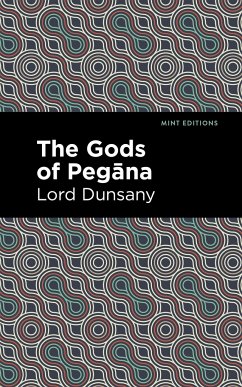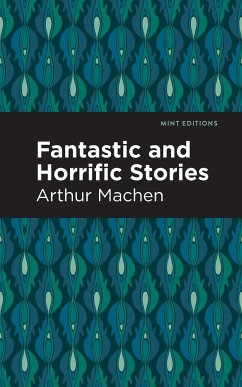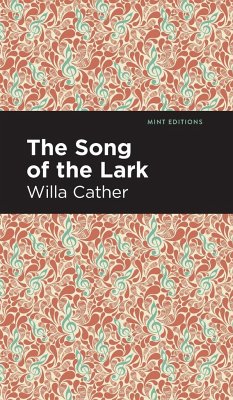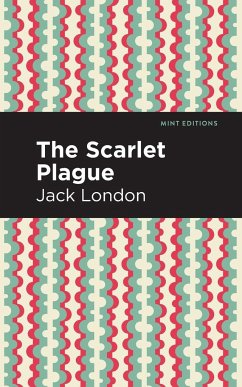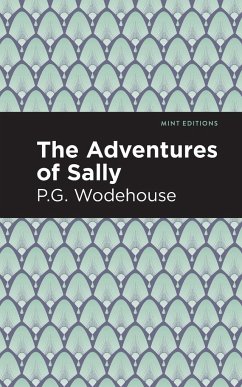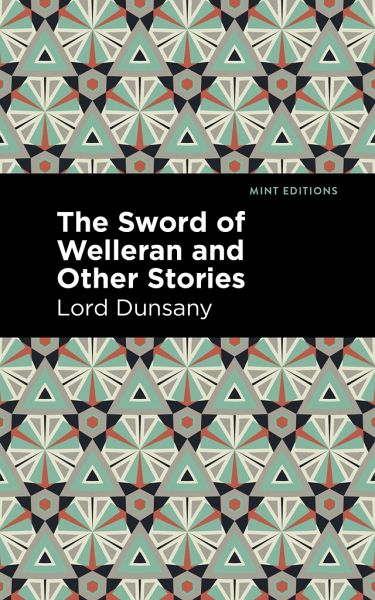
The Sword of Welleran and Other Stories
Versandkostenfrei!
Versandfertig in 1-2 Wochen
9,49 €
inkl. MwSt.

PAYBACK Punkte
5 °P sammeln!
The Sword of Welleran and Other Stories (1908) is a short story collection by Lord Dunsany. Published at the beginning of his career, The Sword of Welleran and Other Stories-which features the pantheon of gods first portrayed in The Gods of Peg¿na (1905)-would influence such writers as J. R. R. Tolkein, Ursula K. Le Guin, and H. P. Lovecraft. Recognized as a pioneering author of fantasy and science fiction, Dunsany is a man whose work, in the words of Lovecraft, remains "unexcelled in the sorcery of crystalline singing prose, and supreme in the creation of a gorgeous and languorous world of i...
The Sword of Welleran and Other Stories (1908) is a short story collection by Lord Dunsany. Published at the beginning of his career, The Sword of Welleran and Other Stories-which features the pantheon of gods first portrayed in The Gods of Peg¿na (1905)-would influence such writers as J. R. R. Tolkein, Ursula K. Le Guin, and H. P. Lovecraft. Recognized as a pioneering author of fantasy and science fiction, Dunsany is a man whose work, in the words of Lovecraft, remains "unexcelled in the sorcery of crystalline singing prose, and supreme in the creation of a gorgeous and languorous world of incandescently exotic vision." "At the end of that avenue was a colossal chariot with three bronze horses driven by the winged figure of Fame, and behind her in the chariot the huge form of Welleran, Merimna's ancient hero, standing with extended sword." The Sword of Welleran and Other Stories, Dunsany's third collection of short fiction, contains some of his finest tales of fantasy and adventure. While the people of Merimna sleep soundly, while the guards of the city sing songs and tell stories of the warriors Welleran and Rollory, the tribesmen of the plains below look up in awe, wondering if the day will come when Merimna's glory fades. Behind the ramparts, a young boy named Rold looks up at the statues of his heroes, hoping to take their place. Dunsany's tales of high fantasy continue to delight over a century after they first appeared in print. This edition of Lord Dunsany's The Sword of Welleran and Other Stories is a classic of Irish fantasy fiction reimagined for modern readers. Since our inception in 2020, Mint Editions has kept sustainability and innovation at the forefront of our mission. Each and every Mint Edition title gets a fresh, professionally typeset manuscript and a dazzling new cover, all while maintaining the integrity of the original book. With thousands of titles in our collection, we aim to spotlight diverse public domain works to help them find modern audiences. Mint Editions celebrates a breadth of literary works, curated from both canonical and overlooked classics from writers around the globe.








